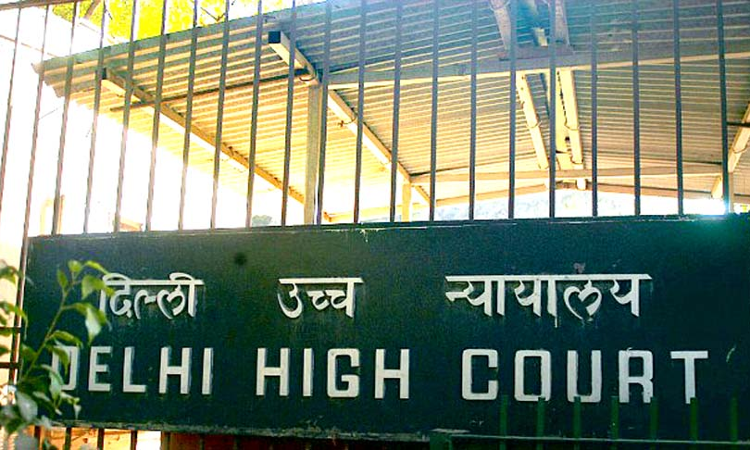Challenge To Presidential Election Can Be Heard Exclusively By Supreme Court: Delhi High Court
Nupur Thapliyal
22 July 2022 9:40 AM IST

Next Story
22 July 2022 9:40 AM IST
The Delhi High Court has recently observed that a petition challenging Presidential election can only be decided by the Supreme Court.Justice Sanjeev Narula observed that the only remedy in relation to a Presidential election can be by way of an election petition after declaration of the result. Further, Section 14(2) of the Presidential and Vice Presidential Elections Act, 1952 confers...
